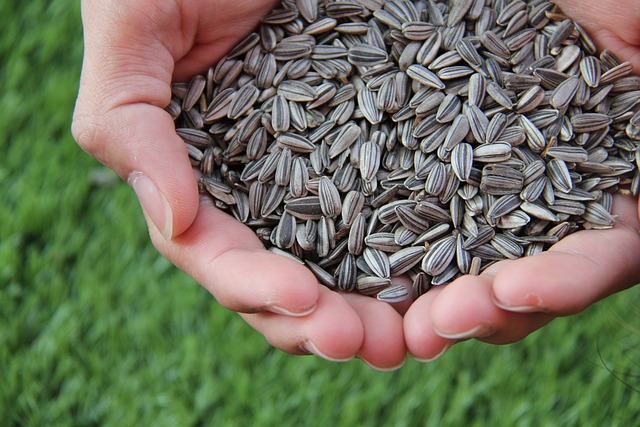
Discover how to use vitamin E for Peyronie’s disease. Vitamin E, a fat-soluble vitamin found in various foods and available as a supplement, acts as an antioxidant, protecting cells from damage caused by free radicals.

Studies On Vitamin E For Peyronie’s Disease
While some evidence suggests potential benefits of vitamin E for Peyronie’s disease, a small study in the “Urology” journal reported a significant decrease in plaque size and penile curvature in men taking 800 IU of vitamin E daily for six months compared to a placebo group.
Contrarily, other studies have not demonstrated any notable advantages of vitamin E for Peyronie’s disease. The need for a larger, more well-designed study is apparent to confirm the effectiveness of vitamin E for this condition.
Contradictory Study Results on Vitamin E Efficacy
While some evidence hints at potential benefits of vitamin E for Peyronie’s disease, the overall evidence remains inconclusive.
A double-blind, placebo-controlled trial in 1983, involving 40 Peyronie’s disease patients, showed no significant improvement in plaque size or penile curvature with vitamin E treatment.
Likewise, a more extensive 2007 study, which included 236 men with early chronic Peyronie’s disease, compared the effects of vitamin E alone, propionyl-L-carnitine alone, a combination of both, and a placebo.
Results indicated that none of the treatment groups exhibited a notable reduction in penile curvature or plaque size compared to the placebo group.
Despite the limited supportive evidence, vitamin E continues to be prescribed for Peyronie’s disease, often in conjunction with other treatments, in the hope of achieving synergistic effects.
However, it’s important to note that vitamin E use carries potential risks. Adverse effects associated with vitamin E supplementation encompass nausea, vomiting, diarrhea, and an elevated risk of prostate cancer and cerebrovascular events.
Hence, before initiating vitamin E therapy, it is crucial to assess the potential benefits and risks in consultation with a healthcare provider.
Guidelines for Vitamin E Use in Peyronie’s Disease
If considering vitamin E for Peyronie’s disease, consult your doctor for suitability and guidance on the appropriate dosage.
While the typical range is 400-800 IU per day, individual needs may vary. Discussing any vitamin or supplement usage with your doctor is crucial, considering potential interactions with other medications.
Although vitamin E is generally safe within recommended doses, side effects like headaches, upset stomach, and diarrhea may occur. High doses also carry an increased risk of bleeding.
Vitamin E is not a cure for Peyronie’s disease. While it may alleviate symptoms for some individuals, its effectiveness varies.
Read here a comprehensive review of the 41 best supplements for Peyronie’s disease.

